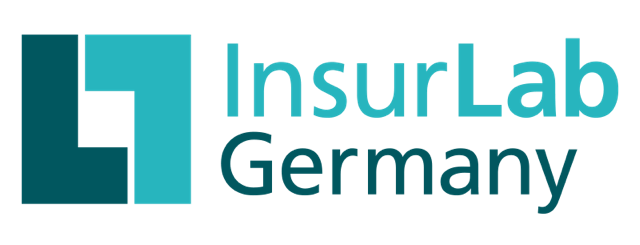Details
Quick help against scams. The consequences of the coronavirus are weighing on the economy. Many micro-enterprises and solo self-employed rely on emergency state aid to avoid insolvency
Corresponding applications for this can be filled out and submitted online to ensure the fastest possible assistance. However, this procedure also attracts fraudsters: In recent weeks, copies of the online applications were made and data tapped with the aim of subsequently submitting the forged application with a modified disbursement account ("phishing"). This poses challenges for banks and authorities. This is because it is not possible to advise and check the applicant in person due to the current situation.
The Robo-Ident technology from Nect GmbH offers a solution: "The Robo-Ident technology we have developed enables applicant legitimation while maintaining contact avoidance ("remote identification"). Our technology is thereby able to verify thousands of applications simultaneously and thus continue to enable the immediate award of government grants", explains Benny Bennet Jürgens, co-founder and CEO of Nect GmbH.
Artificial intelligence for secure legitimation
Hamburgische Investitions- und Förderbank (IFB) has already commissioned Nect GmbH to verify legitimacy using Robo-Ident technology in order to resume application procedures and the release of urgently needed aid funds. All applications received so far are to be verified by Nect before the Corona aid is disbursed.
Here's how it works: In the first step, applicants receive an email via the IFB with a link that leads to the Nect website and a personal QR code. To scan the QR code, applicants can download the Nect app from the app or play store. For online identification, all that is required is a short video recording of the identification document (passport or ID card) and the face ("selfie"). "Thus, we guarantee the highest level of security through biometrics algorithms: Artificial intelligence verifies that the faces on the video and the ID card match, that the ID document is authentic, that the recording was made at the correct time, and that the person is alive.", adds Carlo Ulbrich, also co-founder and CSO of Nect.
As a rule, the legitimation process takes no longer than two minutes. After this verification of identity, the customer is asked to verify his account data to ensure a payout to the correct account. The client - in this case IFB - then receives the applicant's data for matching in order to be able to complete the application.
Rapid integration for fast remediation
Nect's ability to implement the process quickly is a decisive advantage, especially in these turbulent times: The process described for Corona emergency assistance went live within 48 hours and can now be integrated one-to-one with other customers within a day. In addition, customers have the choice to identify before, during or after the new application process. Nect consults with the client before implementation to determine which option is best.
"Identity verification via Robo-Ident technology offers financial institutions and government agencies a fast and cost-effective way to further strengthen their existing security measures. This helps prevent fraud and provides immediate assistance to those who need it most during this difficult time. We are proud to be able to provide this important and exemplary support to protect the state from fraudsters.", said Jürgens.

